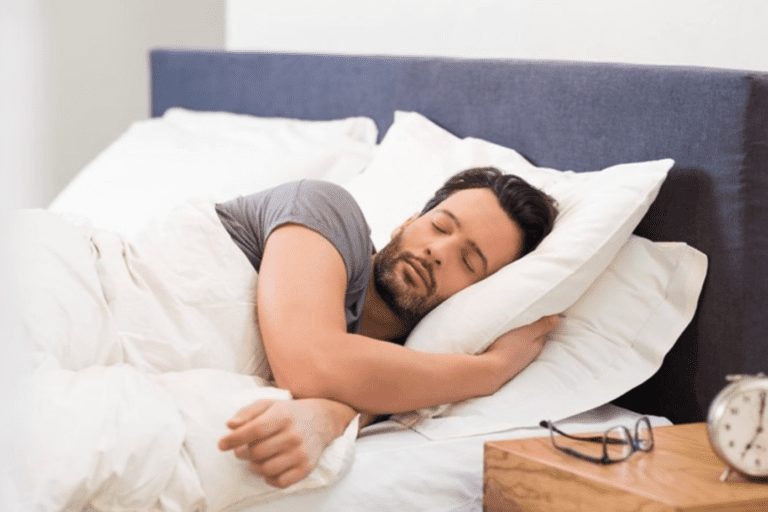HEALTH & WELLBEING
Stockpile on sleep, not supermarket staples to protect from COVID-19

WORDS: PHOTOGRAPHY
As panic-buyers continue to leave supermarket shelves bare, University of South Australia sleep experts are reminding people that it’s sleep that they need to stockpile if they want to ensure the best possible health during the pandemic.
UniSA sleep and fatigue researcher, Dr Raymond Matthews says prioritising sleep will help protect you from COVID-19 by boosting your immune system.
“As the reality of Covid-19 steps up, people are rightly more vigilant with handwashing, social distancing and working from home if they can. But what they may not realise is how important sleep is to their overall health,” Dr Matthews says.
“Sleep plays a vital role in the function of the body’s immune system. When people suffer from a lack of sleep, they’re reducing their body’s natural killer cells – the white blood cells that hunt down virally-infected cells – which means they may be compromising their immune system and increasing their risk of getting sick
“This is vital information for all people – not only those who are staying up late to catch up on the latest Covid-19 updates, but most importantly for our front-line health care workers who need sufficient sleep to rest, recover and stay healthy.”
Dr Matthews says not only does a lack of sleep make us more susceptible to infections, but it’s also essential factor for vaccines to work effectively.
“Many studies show an increase between short sleeps and increased mortality,” Dr Matthews says.
“One study found that a lack of sleep reduced the effectiveness of the influenza vaccination by half, indicating just how important sleep is for producing the necessary antibodies requires to fight infections.
“Looking forward to when we discover a vaccination for COVID-19, we must also ensure we have sufficient sleep for it to work well.”
For those struggling to get a good night’s sleep, Dr Matthews says there are many things you can do.
“Having a bedtime routine to relax and wind down before bed, really helps. This could include turning the TV off earlier and settling down to read a good book in bed, but really, it’s whatever makes you feel calm and comfortable,” Dr Matthews says.
“Bedtime basics for good sleep generally include:
-
avoiding cigarettes, caffeine and alcohol
-
choosing light, rather than heavy meals in the evening
-
keeping your bedroom dark, cool and quiet
-
avoiding bright light in the evening and making sure you get enough sunlight in the morning
-
exercising during the day.
“And, if you find you just can’t sleep, sometimes it’s best to get up and do something relaxing until you start to feel tired.
“These times are no doubt challenging, but sound sleep is something we should all strive to maximise our health.”










